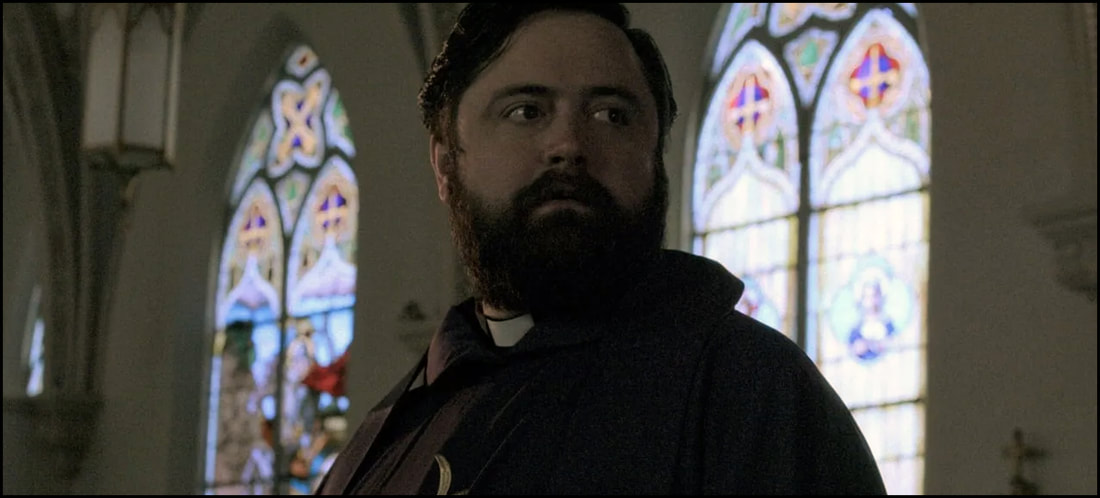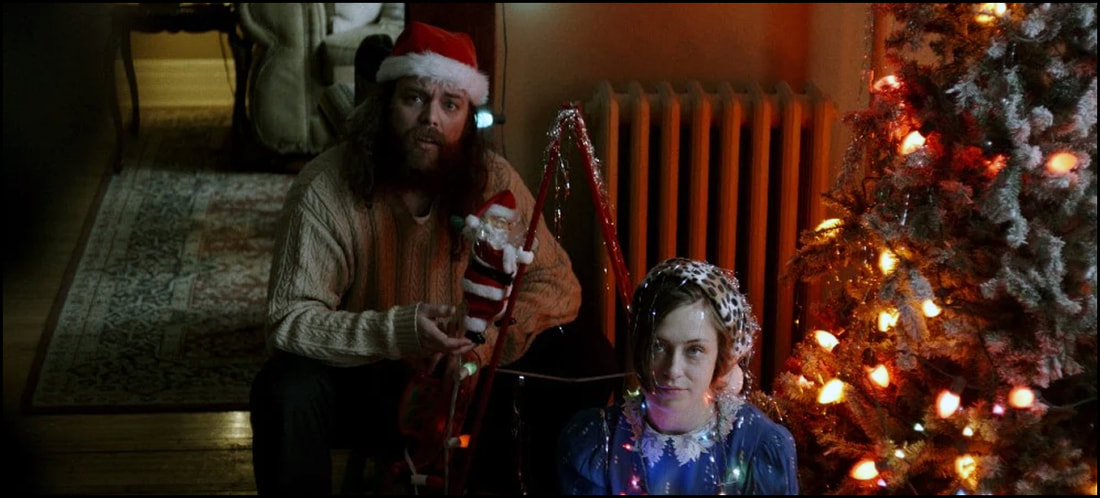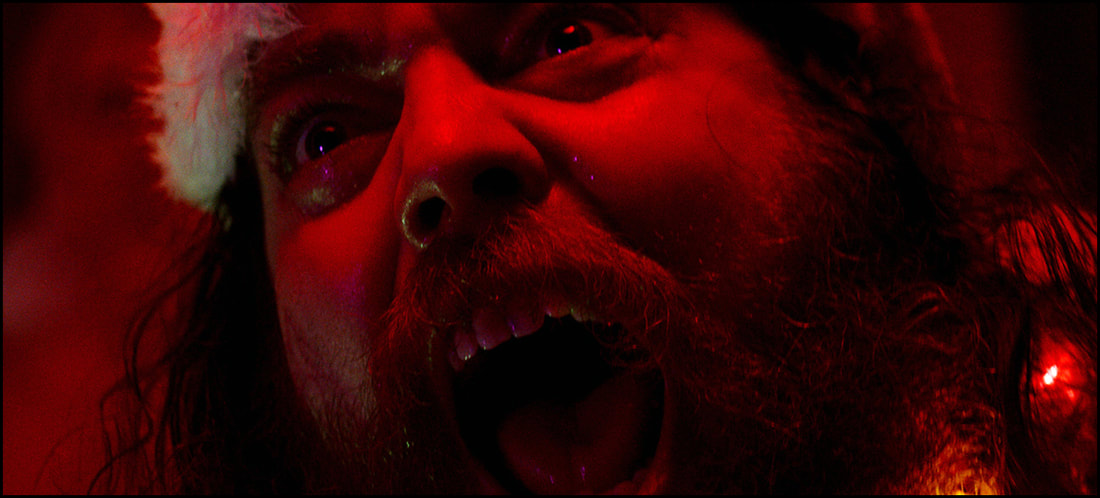I’ve often argued that the way we’re wired – culturally, psychologically, individually, etc. – is to work against the grain of acclimation. We’re brought up on the ideals of rugged individualism – at least, in the good ol’ United States of America, we are – and every fiber of our being responds favorably to this principle when its instructed properly. We strive to exceed, and – many times – we learn very young that the bulk of this accomplishment happens when we toil away in private, not with a group. It’s this pursuit of excellence that varies from person-to-person; while we might take comfort in knowing that others encounter many of the same obstacles we do, we nevertheless work toward distinguishing ourselves from the wider population-at-large when such opportunities present themselves.
Where this philosophy meets one of its greatest challenges is melding the ideas of faith with a congregation. Despite accepting a specific doctrine under which we worship, we’re still likely to find variances about what others ‘believe’ versus our own dogma. Though church brings us together, we’re still allowed to practice as we wish outside of its doors; and there’s no doubt been a wealth of controversies throughout the decades wherein followers of one doctrine acted contrary to the church’s expressed codes of behavior. Hell, even priests and preachers have been found guilty straying from the ‘Word of God’ on that front.
Drama loves a fallen warrior, and – for this reason – The Leech tries to capitalize first with judgment and then with laughs (or is that vice versa?) in this story of ‘Father David,’ a pious man who turns out to be vastly less so (or does he?) than he would have the dwindling membership of his small church on the edge of Nowhere U.S.A. believe. It’s yet one more theatrical swipe at those who try-and-fail to live up to expectations Hollywood would tell you haven’t been in vogue since the days of Moses … which is precisely why the film fails to live up to anything more than ‘one more theatrical swipe.’
From the film’s IMDB.com citation:
“A devout priest welcomes a struggling couple into his house at Christmas time. What begins as a simple act of kindness quickly becomes the ultimate test of faith once the sanctity of his home is jeopardized.”
Oy vey.
The church has long been the target of some venomous storytelling, and – while I’ll reserve the judgment of whether that’s warranted or not to others – I’ll freely admit I’m rarely a fan of it. Occasionally, there’s a good bit of yarn woven into a compelling tapestry, but more often than not so much of it feels like our cultural betters getting up on their soapbox for ninety minutes of sermonizing. Frankly, I see much more of it as lazy and uninspired, especially given the fact that the entertainment industry has both produced and covered up on some rather obvious sex crimes of moguls like Harvey Weinstein, Roman Polanski, and even funnyman Bill Cosby.
Setting aside my bias, I’ll admit to the fact that – so far as performances go – The Leech does offer up two interesting portrayals that make its run-time move briskly: Graham Skipper is occasionally inspired as ‘Father David,’ and Jeremy Gardner is equally lascivious as ‘Terry,’ the architect of their depicted moral collapse … not that Terry’s fall was so great. Essentially, he’s the ultimate bohemian – not so much a man as he is a creature of the flesh – living a raucous lifestyle involving endless gratification, even when that means risking being caught in the act of masturbation while living under a pastor’s roof. From this clash of regimes, writer/director Eric Pennycoff squeezes out one scene after another laced with some uncomfortable laughs and loose comic proselytizing.
If anything, the flaw as I see it with The Leech is two-fold.
First, David’s moral ruin was – in my estimation – vastly too easy.
Though I don’t consider myself a religious man in any regard (I have my own faith, and that’s that), I have attended a handful of different churches in my life and had the good fortune to speak with an interact with a good number of spiritual leaders. Taking these men out of the church and repositioning them in their homes – dare I say – really does nothing to remove their respective moral codes. In The Leech, Pennycoff would have you accept that perhaps the lack of the church’s structure and trappings allow for a once respectable pastor to let down his defenses and be seduced by the – ahem – Dark Side. My experience has taught me that true men of faith know all too well that it’s these moments of privacy that require an even stronger commitment to faith … so the film’s central premise is flawed.
Second? Well, there’s this business of ‘The Leech,’ and I kinda/sorta found it offensive.
Still, I’d be lying if I told you that The Leech has no authentic laughs because that’s far from the truth. Skipper and Gardner are terrific opposite one another. Both demonstrate an intrinsic understanding of their darkly comic pairing, and their scenes play out exceedingly well, especially with the resulting discomfort. (Sadly, Zaudtke really isn’t given much more than a female manifestation of Terry, so I’ll pass on reacting any more to it.) Alas, it’s the half-baked messaging and disturbing finale to The Leech that truly sucked the vein dry, and that’s a shame.
The Leech (2022) was produced by Doomcroak Pictures. DVD distribution (for this particular release) is being coordinated by the superb folks at Arrow Films. As for the technical specifications? Though I’m no trained video expert, I thought the sights-and-sounds were fabulous from start-to-finish. Lastly, if you’re looking for special features, the disc boasts a wealth of materials, including an audio commentary, sponsored Q&As, some behind-the-scenes featurettes, and much, much more. As usual with Arrow Films, it’s a glorious collection for fans who like this sort of thing. Well done.
Mildly recommended … but with some reservations. While a reasonable effective and well-made psychological thriller, The Leech still suffers from a central character – a man of God – who all too easily succumbs to Earthly delights that rather quickly put him on a path to ruin, quite possibly to the delight of far too many storytellers and not as many in the viewing audience. Performances work precisely as designed by writer/director Pennycoff, serving up a predictable finish to an all-too-common descent into madness by a man typically made of vastly stronger stock. Disappointing … but not surprising.
In the interests of fairness, I’m pleased to disclose that the fine folks at Arrow Films provided me with a complimentary copy of The Leech (2022) by request for the expressed purposes of completing this review; and their contribution to me in no way, shape, or form influenced my opinion of it.
-- EZ




 RSS Feed
RSS Feed